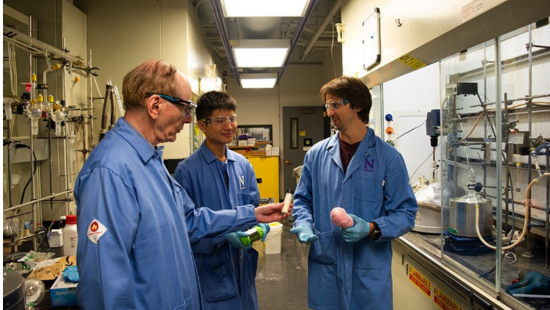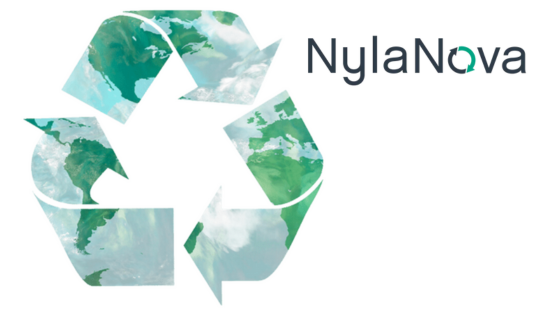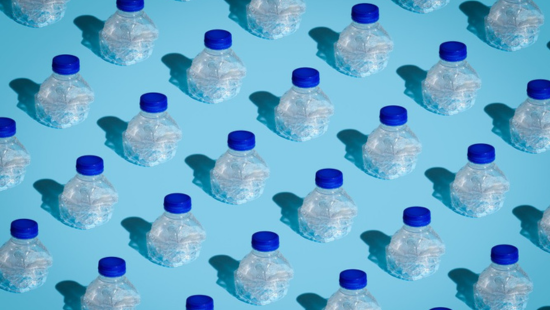
NU Chemistry Impact
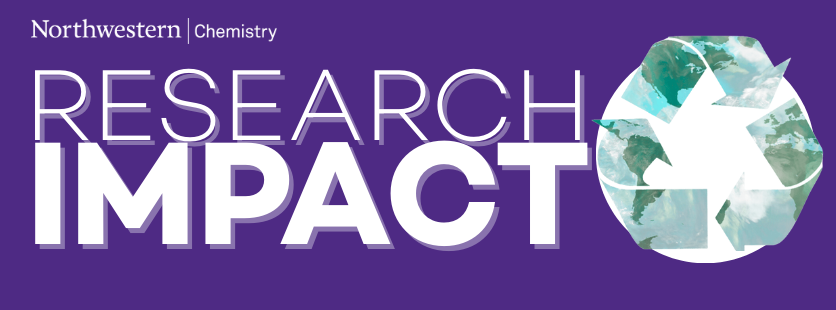
Marks Group Research
The Marks Group works to delivers efficient chemical recycling of polyester, polyamide, and polyolefin waste into pristine monomers for a circular economy
Our research tackles the challenge of recycling polyamides, polyesters, and polyolefins. We have developed a suite of solvent-free organometallic catalytic processes based on earth-abundant metals and stabilizing ligands that operate just above the melting points of common plastics to depolymerize them into their original monomers.
Chemical recycling is like taking apart a LEGO castle piece by piece—preserving each block to build again. Mechanical recycling just melts it into a blob."
— The process created in the Marks Lab mimics precision disassembly for true reuse.
Crucially, our processes work directly on post-consumer waste that is considered non-recyclable by today’s standards, including carpets, fishing nets, clothing, and mixed plastic composites. By targeting real-world end-of-life articles, we recover high-purity monomers suitable for re-polymerization into materials indistinguishable from virgin plastics.
The public impact is substantial. Abandoned nylon fishing gear accounts for up to ten percent of ocean plastics and almost half of the Great Pacific Garbage Patch, while fewer than five percent of plastics are currently recycled in the US. Over the next five to ten years, deploying compact, low-temperature recycling units at ports, waste centers, and manufacturing sites could divert thousands of tons of end-of-life plastics from landfills and oceans. This approach would close the loop on polymer production and reduce the CO₂ emissions associated with producing virgin plastic. Extending these solvent-free, high-selectivity catalysts across polymer families promises a truly circular plastics economy.
Real World Applications
The Science Behind the Application

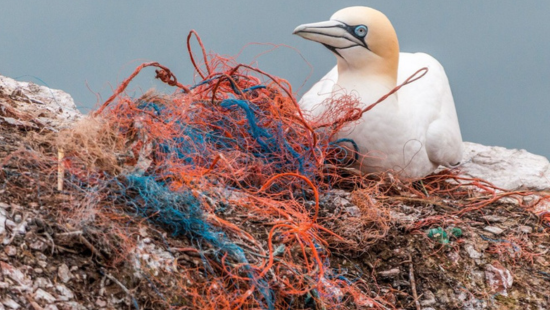
Durable plastic pollution easily, cleanly degrades with new catalyst
Latest Process to Recycle Plastic

